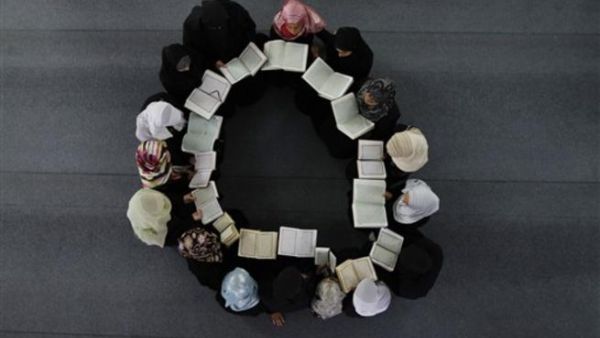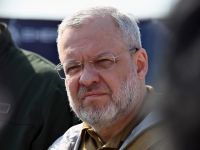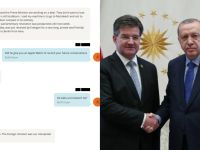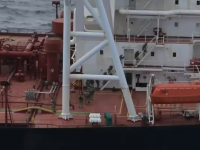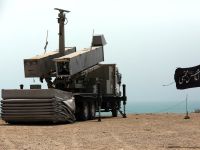With the world becoming a global village, some believe that there are no longer barriers between North and South. Moreover, they seem to perceive a continuously fruitful dialogue between the two hemispheres due to human rights principles and the good performance of international organisations.
Others are more sceptical regarding this issue, due to the wide gap which separates different nations and people.
The value of human beings today is estimated by the status of the country they belong to. Their worth depends on the ability of that particular nation to protect its people's interests inside their country and against the aggression of other people and nations alike.
Moreover, the dialogue is ongoing in many countries and nations on multiple levels. We find intense talks between the north and south of Sudan, while concerns remain regarding the break-up of the country into two.
Dialogue also exists between the south and north in Iraq, Yemen, Somalia and the Koreas.
In Lebanon, talks are on between the north, south, middle and sides, while in Palestine no one can determine who is talking.
During the 1980s at the College of Law's higher education section in Mohammad V University in Morocco, Dr Rushdi Fakkar taught 'Dialogue Ethics'. I wish that Arab politicians would study the course under the supervision of my professor.
They would have learned that dialogue must be established on sound foundations, such as conducting talks to reach the truth, the dialogue's projection from a common belief base, respecting the viewpoint of the other, and respecting the outcome of the talks.
The Greeks, Romans and Muslims have experiences that have enriched world libraries.
Today, given the state Arab communities find themselves in, an observer cannot deduct or foresee the result of any inter-Arab dialogue, or that which may be conducted between communities.
We have given up on our talks with the north which boasts its materialistic development, military supremacy and great strides in science and arts, the breaking of international law and igniting wars and conflicts.
Talks in Yemen have been reduced to a dialogue of blood and explosions whenever any party mediates between the two sides. The dialogue in Lebanon needs another round of Doha, after running out of resources.
The dialogue in Iraq leads to altercations between different sides , while the country lives in a constitutional void, with no infrastructure services.
One Iraqi politician observed: "We gave up everything for the sake of freedom, democracy and political participation; however, we did not get democracy or freedom after the occupation of our land, while political participation was substituted with political allocations.
External forces
"The fountain of blood is running high and democracy's defenders will soon leave the country formally, to run its south, north, east and west by remote control."
The common denominator between all dialogues that take place in the Arab world is the stark effect of international and regional forces on the course of these talks, which usually hinders reaching a result that benefits the nation.
In the UAE, the dialogue is on between the south and north, and from the north to the south and in the south and in the north. The dialogue is hidden; no one can hear it unless one listens intently.
This dialogue has a ceiling that it does not go beyond. It is disciplined by the boundaries of "traditions and scruples", the traditions of the UAE's good people.
It is a purposeful dialogue which focuses on the welfare and well-being of everyone.
It is also a dialogue which is growing. Moreover, it is to the nation's benefit that it reaches the political leadership, which has never closed its doors in the face of those who seek reforms from within.
In the UAE, there is -dialogue between the elite and common people. The dialogue covers several elements. However, in the UAE it is under the same title: Why is the south more developed than the north?
Development is not measured by high-rises or the volume of growth.
Development is measured by the extent of sustainable human development achieved, securing a highly advanced living and educational environment, and providing a high standard of health care for all the country's citizens without discrimination.
As establishments and multiinterest councils are being set up mainly in the south, we find that justice and equity is not achieved. And the dialogue goes on.
Khalifa Rashid Al Shaali is an Emirati writer.


